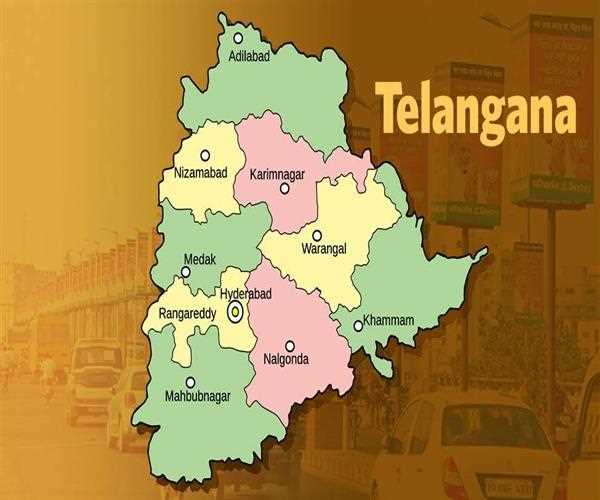In a significant judgment, the Supreme Court of India has upheld Telangana’s rule requiring students to complete four years of continuous study in the state to qualify for admission under the local quota in MBBS and BDS courses. The Court, however, approved an important relaxation for the children of government servants, striking a balance between state policy and individual hardships.
The Telangana government introduced the rule in 2017, making four years of uninterrupted study within the state mandatory for claiming local status. The provision was challenged before the High Court, which struck it down earlier this year, stating that it unfairly excluded permanent residents who had briefly studied outside the state. The High Court directed the government to frame a broader definition of “permanent resident” to protect such students.
Telangana appealed, and the Supreme Court reversed the High Court’s order. A bench led by Chief Justice B.R. Gavai and Justice K. Vinod Chandran held that the four-year requirement is consistent with the Presidential Order issued under Article 371D of the Constitution, which governs local reservation policies in Andhra Pradesh and Telangana. The judges observed that the state has legislative competence to frame such rules and that the provision cannot be termed arbitrary.
At the same time, the Court acknowledged the real-world difficulties faced by students whose parents are frequently transferred due to government service. It noted that denying opportunities to such children would be unjust. Accordingly, it endorsed the 2024 amendment that exempts children of state government employees, All India Service officers, defense personnel, central armed police forces, and staff of state undertakings—provided they can produce valid documents.
The ruling has far-reaching implications. For many students, particularly those who had moved outside Telangana for coaching or temporary education, the four-year clause remains a hurdle. Critics argue that the rule fails to reflect ground realities, as mobility for education has become common. The Supreme Court itself pointed out the anomaly of rewarding those who simply remained in the state while penalizing those who left briefly for academic reasons.
Despite this criticism, the judgment restores clarity for the upcoming admission cycle. Telangana’s domicile rule stands validated, but with an important carve-out that offers relief to a significant number of families in transferable government jobs.


